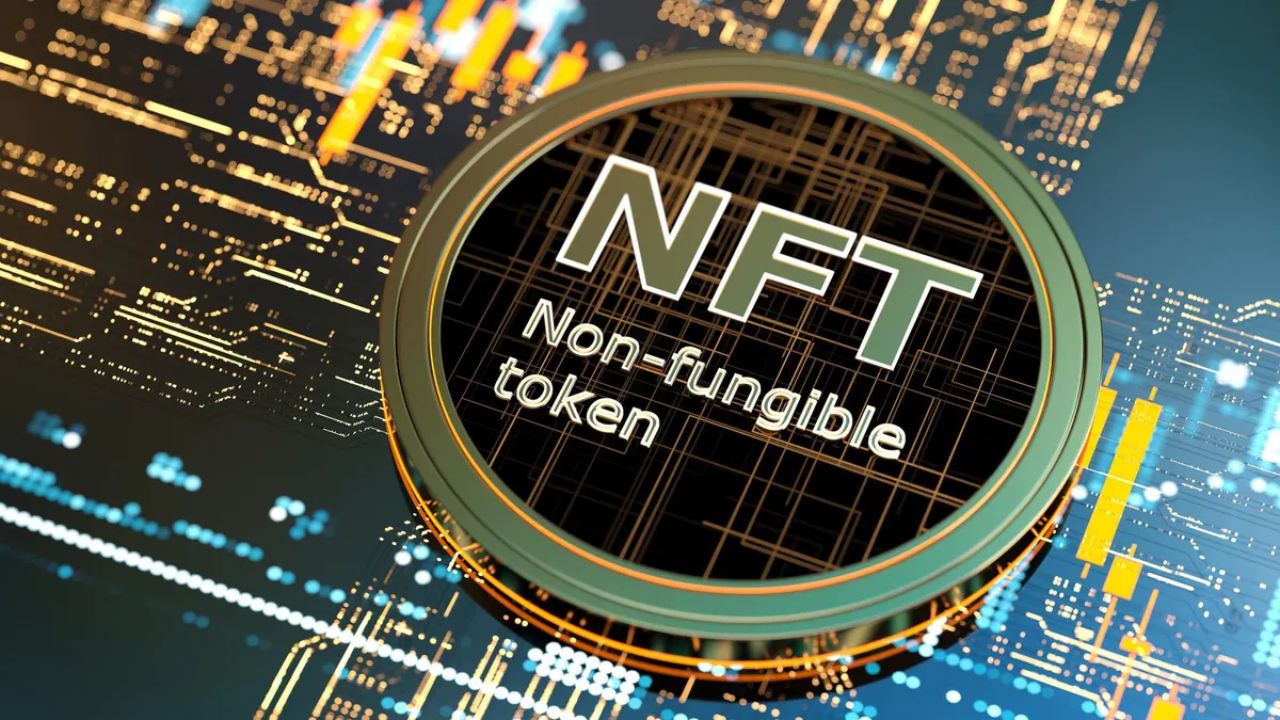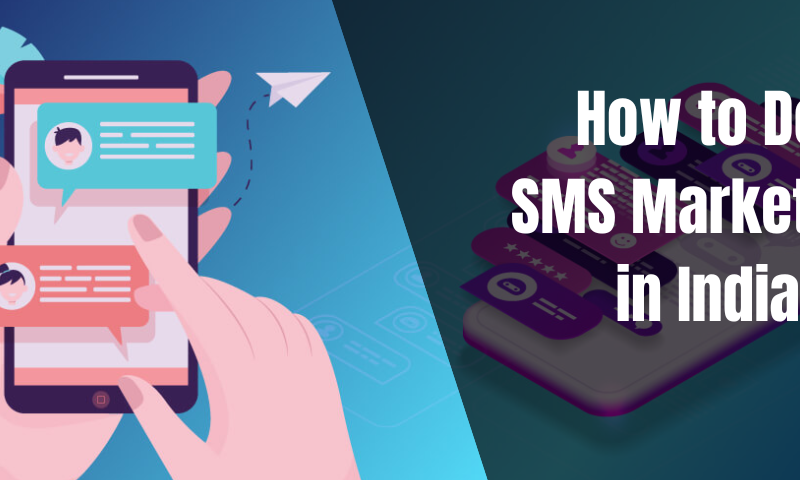
Comprehensive Guide to NFTs for Marketing
In this digital era, the task of marketing virtual and intangible products and services keeps marketers on their toes. NFTs or non-fungible tokens have already revolutionized the space, attracting many multinational brands to put their hands into the tokenization of their products and services as virtual assets.
NFT stands for “non-fungible token.” The opposite of a fungible token, which can readily be swapped, a non-fungible token is a digital asset defined by its unique properties, and thus non-interchangeability. Because NFTs are minted on blockchains, they’re individually equipped with a unique proof of ownership that is both secure and decentralized. They also feature “smart contracts” that enable their creators to receive royalties from every future resale, depending on the contract’s structure.
To understand what exactly NFTs are, let’s break down the term
Non-fungible: Fungible means something that is exchangeable without impacting the individual value. Here, the mutually interchangeable goods are swapped out for another identical item in a fungible term.Knowing this clarifies the meaning of “non-fungible” – the goods cannot be swapped out since the value they offer isn’t the same. As NFTs are non-fungible, they are digital assets that cannot be exchanged but sold and bought.
Token: In literal meaning, the token is a symbol, an emblem, or an indication of something. When it comes to NFTs, the token means “ownership” of peculiar NFT items. You can tokenize many NFTs simultaneously, but one NFT can have only one owner. Also, tokens work as virtual currency. Also, these tokens in NFTs are protected by the Ethereum blockchain to protect an NFT’s ownership record from illegal modification and copying/pasting of another NFT item. Combining the terms non-fungible token, NFT means an un-exchangeable, unique item protected by the Ethereum blockchain. An NFT cannot be copied and has only one owner at a time.
5 ways NFTs can be used
*Gaming: Modern-day games are one of the top areas to market NFTs. This is because popular games like Fortnight involve detailed graphics, skins/outfits for their avatars. This means marketers can create and sell NFTs in the form of digital pets, avatar skins, and other virtual stuff used in gaming. Also, because games like Fortnight accept cryptocurrency to buy this apparel or other virtual merch, gamers are likely to invest in these NFTs. Thus, NFTs can be advertised within the game and even create an NFT-based business model as well. NFTs have become mainstream, and the gaming industry is uniquely positioned to leverage these digital assets and cash in on the craze. Moreover, it has been seen that NFTs and gaming go hand in hand. And the gaming industry is utilizing NFTs to not only market their games and products but to grow and foster a loyal user base as well.
*Sell Tickets: In recent years, there has been a massive shift in how people “pay” for goods. No matter the type of event, workshop, trade show, or expo, is in question, NFTs will serve as virtual tickets. Also, not to forget the eye-catching, peculiar content the NFT will reflect, making it one of the best digital items to attract the audience. Marketers can also design an NFT for a musical or sports event and have die-hard fans lining up for a ticket. Furthermore, virtual NFT tickets can also include additional services, like drinks, meals, or t-shirts. And unlike a paper ticket that loses its value the moment the event is over, an NFT will retain its value.
*Fashion Industry: It may seem odd when one tries to fit the fashion industry and NFTs, but on the flip side, they could end up being a great combination. This is because the fashion industry is currently poised to piggyback off the success of NFTs in the gaming industry. NFTs and the metaverse offer fashion brands and designers the opportunity to create, market, and sell digital attire to millions, and potentially billions, of people who want their digital avatars to be adorned in the latest fashion trends. The possibilities with fashion and NFTs are truly endless.
*Support a Good Cause: It’s no longer enough for a company to sell quality products at competitive prices. If companies want to win the hearts of their customers, they must support worthy causes and give back to their communities. A survey reported that 84% of millennials say they would rather support brands with strong values and transparency. Moreover, companies are finding unique and creative ways to foster trust with their customers so they can grow their arts and creative experiences programs. Even charities are starting to collaborate with celebrities, musicians, athletes, and other influencers to create and sell their own NFTs.
Whether NFTs are a viable long-term marketing strategy is yet to be determined, and only time will tell if NFTs are here to stay. One thing is for certain though – there is a lot of attention and interest in NFTs, and some digital marketing companies are starting to see the benefits of implementing NFTs into their marketing strategy.



